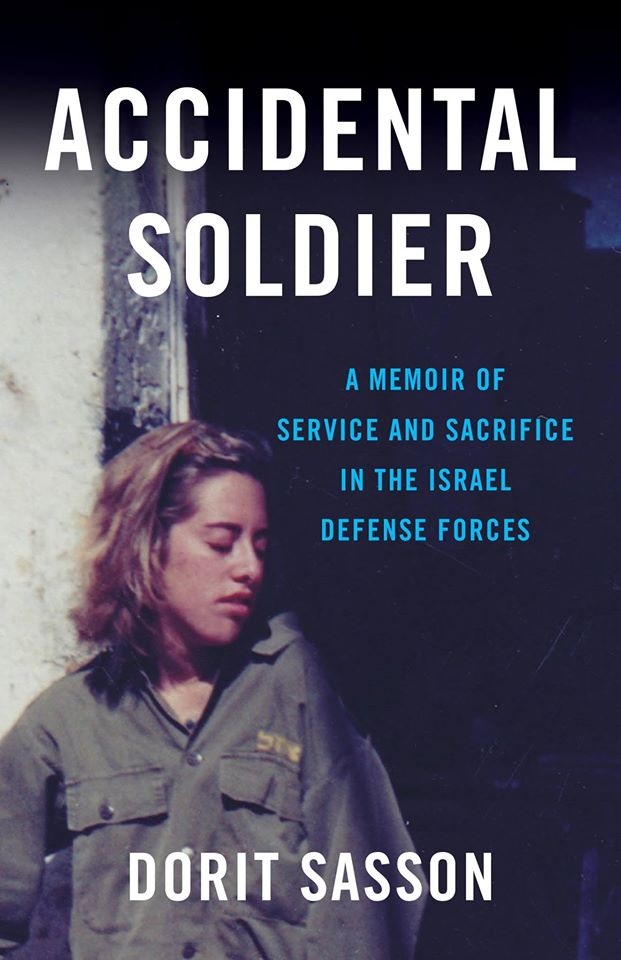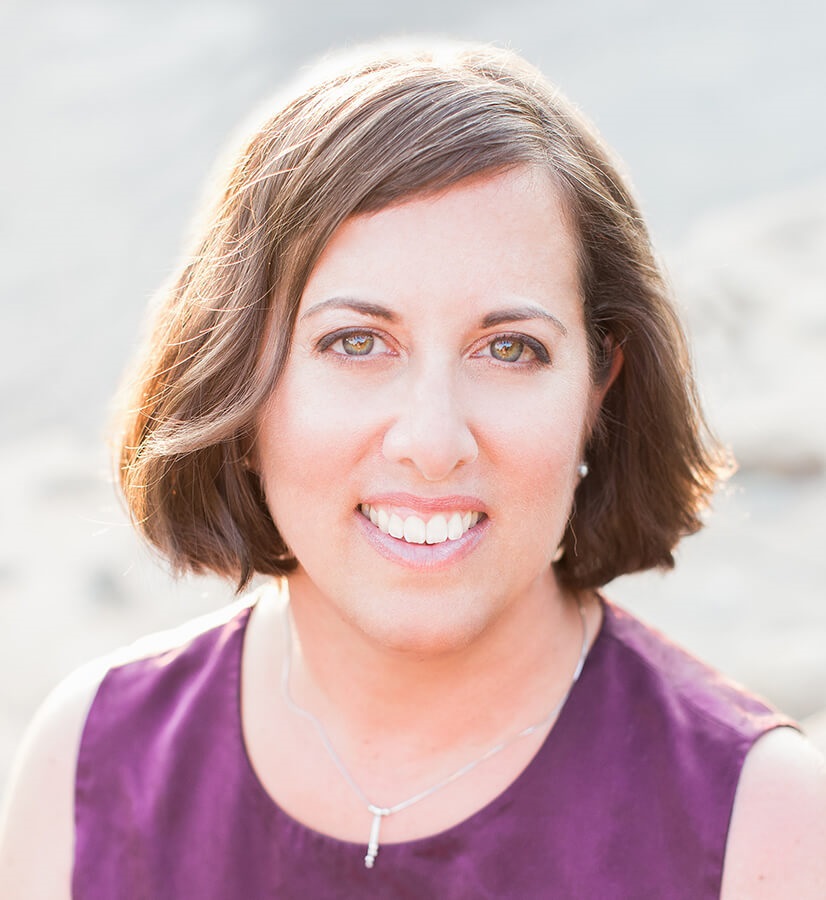Finding Courage and Faith in the Israel Defense Forces
 By Sonia Panic
By Sonia Panic
“People who write memoirs are really looking to dig deep and understand something on a level that is beyond just the surface of what just happened.”
That is exactly what Squirrel Hill native Dorit Sasson intended to do when she chronicled her experiences in the Israel Defense Forces in her memoir Accidental Soldier: A Memoir of Service and Sacrifice in the Israel Defense Forces. After sitting down with Sasson, it became apparent that writing a memoir was not just about telling her story; it was about finding the courage to embrace a difficult period in her life.
Dorit Sasson was born and raised in New York City by an Israeli father and a Polish mother. Her childhood was anything but ordinary. As Sasson describes it, her upbringing was very much pluralistic- she grew up with many cultures surrounding her and in a way, that helped her eventually ease into Israeli culture. The household was very egalitarian and almost a free for all, but it was not always fun and games. Part of the reason Sasson left for Israel was to connect with her father’s heritage. The other part was to free herself from the intense and stifling grip of her overprotective and under nurturing mother.
Sasson’s first experience with Israel was working on a her aunt’s agrarian kibbutz, a communal settlement where both potential soldiers and volunteers work. The inspiration to enlist in the IDF came when she struggled to hitchhike back to the kibbutz. In her memoir, she recalls how easily the soldiers around her flagged someone down to give them a ride. Everyone in Israel supported IDF soldiers because they represented the unity and the energy of the country. A year later, Sasson found herself dropping out of university and traveling to Israel to join the IDF.
Although the memoir took about two and half years to complete, it took her nearly seven years living in Pittsburgh to feel like she had a voice. Moving to Pittsburgh allowed Dorit Sasson to feel comfortable enough to share her story. “In Israel,” she said, “my story…it was nothing to write home about. It wasn’t special”. Sasson did keep journals during her time in the IDF but did not rely heavily on them while writing her memoir. She looked to them to reaffirm what she thought she was feeling at the time. Instead, she used music to jog her memory. Throughout the memoir, she mentions the songs she listened to, whether it was walking around the kibbutz at night or cleaning and disassembling her gun.
Almost 24 years have passed and Sasson’s army years are long gone. She  recently embarked on a three-week book tour in Israel and is currently working on a sequel to Accidental Soldier. Aside from being an author, Sasson is also a mother, marketer, ESL teacher, and a mentor to other authors. She and her husband moved to Pittsburgh for greater job opportunities and are very happy to have settled down in Squirrel Hill. They knew many Israelis who spoke about how nice it is to live here, since Squirrel Hill has such a strong Jewish community.When asked if she and her family would ever move back to Israel, she shook her head. “Israel doesn’t have the same mindset as America. In America, age is favorable when applying for a job. It shows experience and wisdom. In Israel, age does not help you get a job. If you’re too old, you’re not useful.”
recently embarked on a three-week book tour in Israel and is currently working on a sequel to Accidental Soldier. Aside from being an author, Sasson is also a mother, marketer, ESL teacher, and a mentor to other authors. She and her husband moved to Pittsburgh for greater job opportunities and are very happy to have settled down in Squirrel Hill. They knew many Israelis who spoke about how nice it is to live here, since Squirrel Hill has such a strong Jewish community.When asked if she and her family would ever move back to Israel, she shook her head. “Israel doesn’t have the same mindset as America. In America, age is favorable when applying for a job. It shows experience and wisdom. In Israel, age does not help you get a job. If you’re too old, you’re not useful.”
When asked why she wrote a memoir, Sasson had a lot to say. “I don’t agree when people say ‘Nobody would find my life interesting enough to write a memoir’. I think it’s about who you tell your story to. As a memoirist, it’s how you WANT to tell the story, you don’t realize how other people will react to your story. When you tell your story, you don’t anticipate the reader’s reaction.” Sasson enjoys reading memoirs with female centered, heroine journey elements. She highly recommends Cheryl Strayed’s Wild. It is both a soul journey for the reader while also teaching them a lot about writing and literary style.
Before parting, Sasson offered some advice to young writers: “Write what you’re really passionate about and what drives you and moves you. Don’t be afraid of getting the help you need and seek support of the community, whether it’s a mentor or a writing group that helps you hone your skills. Really write for the sake of writing and what you believe in because a lot of us get really muddled down with self-doubt and fear of rejection or fear of being judged. For young writers, who tend to be sensitive and vulnerable to being judged, it’s important to have a strong support system. The main takeaway is to have passion and a strong support.”
To find out more about Dorit Sasson, visit doritsasson.com.


 recently embarked on a three-week book tour in Israel and is currently working on a sequel to
recently embarked on a three-week book tour in Israel and is currently working on a sequel to 
